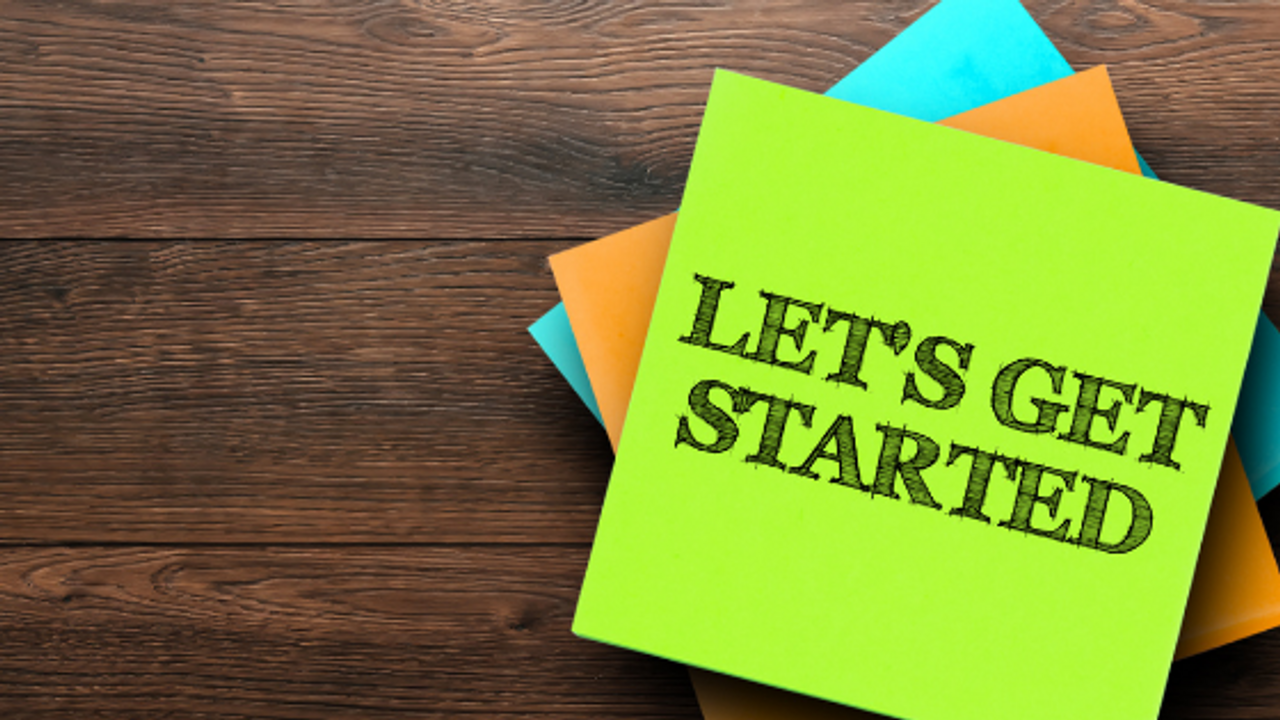
How to Start Writing Your Book
Writing and mapping out a new book project is hard without a solid plan. You may find yourself frustrated or staring at a blank page. Every time I start with a new client, that's their very first complaint. In this post, I'm going to give you a few quick tips on how to start planning and mapping out your book, so you can get some momentum going on your book project.
Why is it so difficult to get started on your book? I recently started with a new client who had been thinking about writing a book for years. He even had notebooks full of ideas, but at the same time, he didn't know where to start on planning out his book. And this was a C-level executive with plenty of expertise and experience. Some of his concerns were:
- What if I embarrass myself in front of my colleagues?
- What if I fail?
- What if I try to cover too many topics or people don't see me as an authority in my field?
To address his concerns we built his book's content around the following formula:
His Expertise + His Reader's Problem + His Passion = Transformational Experience for his Reader
These are the steps you can follow to use this formula with your own project:
Step 1: Identify Your Topic
Make a list of all the main topic ideas you might have for writing a book. If you're in the business field, maybe you're considering a book about leadership or networking, public speaking, or even relationships within the workplace. Jot down a few ideas you might have that you've been trying to decide between. Take one of these topics and answer the following questions:
- What type of audience do you want to attract to your book or your business? Who are you trying to build a relationship with?
- What are this reader's struggles, challenges, or main issues?
- How can the reader's struggles, challenges, or issues be solved?
Step 2: Your Expertise
What expertise do I have to solve this problem?
Align your book's answer with the experiences and expertise that you have right now. Think of the experiences and stories you can share to help the reader get to a result they want.
I go into more detail about your expertise in this video:
Step 3: Your Unique Solution
What is your answer to their struggle, challenge, or main issue?
This is your unique proposition. This may be a methodology that you use in the workplace or something you want to build out. For example, I rely on a series of habits to be successful in my personal and professional life.
If you want to take it one step further, you can even name this process, so that it's something that you can use for marketing. For example, The 7 Habits of Highly Effective People.
Step 4: Your Reader's Next Step
What action do you want your reader to take after they finish your book?
This is your call to action. It's how you want your relationship to continue with your reader after they finish your book. Here are some questions to ask yourself to make choosing your reader's next step easier:
- Do you want them to go to your website?
- Do you want them to join a Facebook page?
- Do you want them to sign up for coaching or refer them to your other books or programs?
